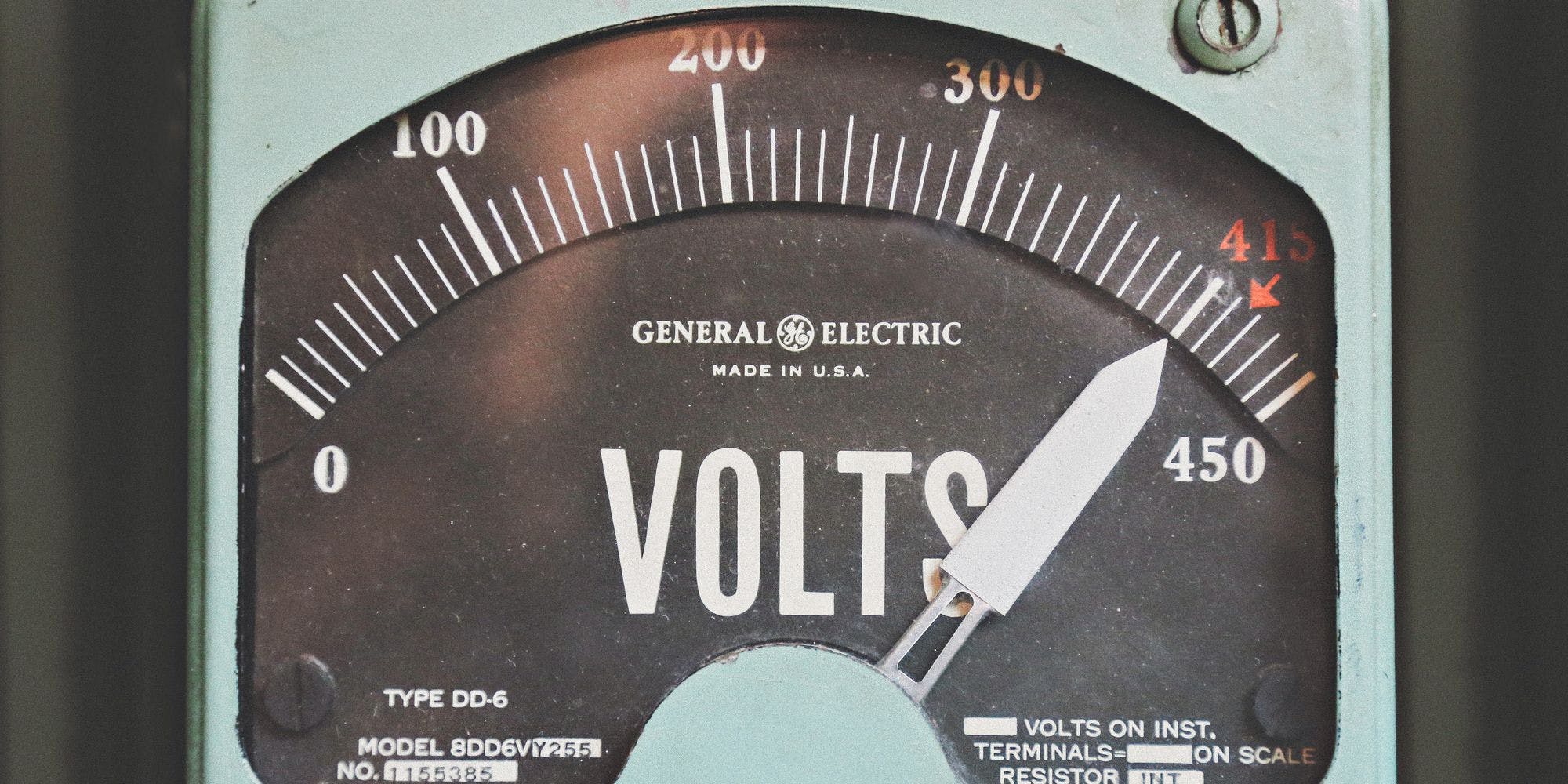Mastering Solar Energy Storage: The Breakdown of Battery Systems

\When there are clouds in the sky or it is the middle of the night, what kinds of things happen? Due to the fact that the sun does not always appear in the sky, this is an important issue to think about. Batteries that can be charged by the sun are the answer to this predicament as it currently stands. They make it possible to utilize the additional energy that is made by solar panels at a later time when it is necessary to do so and give a method for storing any additional energy that is produced by solar panels. In addition to this, they make it feasible to consume that energy as soon as it has been produced, which is another advantage.
How Solar Batteries Work From a Technical and Scientific Standpoint Regarding Solar Batteries
Solar batteries, in their most basic sense, are basically storage devices that are used to store any excess electricity that your solar panels create throughout the day. This excess electricity can be utilized to power various electronic gadgets. This unused electricity can be put to use at a later time when it is required. This stored energy is therefore available for use when the solar panels are not producing power, such as during the night or on cloudy days. This allows the energy to be utilized even when the sun is not providing power. Because of this, solar power can still be beneficial even when it is not producing any electricity. Because of this, it is possible to make use of the energy even when the solar panels are not producing any electricity. This is because it is able to store the energy.
Solar batteries can be divided into a few different groups according to their function.
The following is a list of some of the most commonly used varieties of solar batteries:
Off-grid solar systems often make use of lead-acid batteries, which are a technology that has been tried and tested extensively. They are also utilized rather regularly. Due to the high efficiency and extended lifespan that these batteries offer, lithium-ion batteries have quickly become one of the most popular solutions for the storage of solar energy.
Lithium-ion batteries have also become one of the most popular options for the storage of wind energy. Batteries that use electrolytes derived from saltwater are referred to as "seawater batteries," and this more recent type of solar battery is known as "seawater batteries." They have a very long lifespan and are able to be recycled in their entirety once their lives have been lived to the fullest.
Solar battery storage systems have numerous advantages, some of which are detailed in the following paragraphs:
Energy independence: if you possess a battery, you are less reliant on the grid, which is something that can be quite helpful in the event that there is a power outage. In other words, if you own a battery, you are less dependent on the power grid. If you do not have access to a battery, you will have a greater reliance on the electrical grid than you would otherwise.
By utilizing the energy you have conserved during times of high power costs, you can reduce the amount of money you spend each month on your energy bills. Because of this, you will be able to reduce the total amount of money you spend on your energy consumption.
If you choose to power your home with solar energy instead of the ordinary grid power that is created by fossil fuels, you will have a smaller total carbon footprint. This is because solar energy doesn't produce as much pollution as grid power. Solar energy is quickly gaining ground as a viable alternative to conventional forms of grid power.
There are a Few Things You Should Think About Before Purchasing a Solar Battery, Which You Can Get From the Sun.
The selection of the solar battery that is best suited for a certain application is contingent on a number of parameters, which may include the following:
Power and Capacity: When assessing the power of a battery, it is vital to take into account both the total capacity of the battery as well as the quantity of electricity that it is able to deliver at any one time.
The term "lifespan" can refer to either the anticipated amount of time that the battery will remain functional or the guarantee that will be provided by the manufacturer. Both of these aspects are included in the definition.
When it comes to the process of installation, the various types of batteries can have requirements that are extremely different from one another, both in terms of the amount of money that is required and the level of difficulty that is involved in the process.
Are You Ready to Put That Solar Energy to Use That You've Collected?
Having a solar battery system is like having a personal energy reserve. Not only does it make it possible for you to use solar electricity even when the sun is not shining, but it also results in cost savings and contributes to making the planet a more sustainable place to live. Because you now have an understanding of how these systems function and the factors that should be taken into account when selecting one, you are now equipped with the knowledge that is necessary to advance to the next part of your solar voyage.